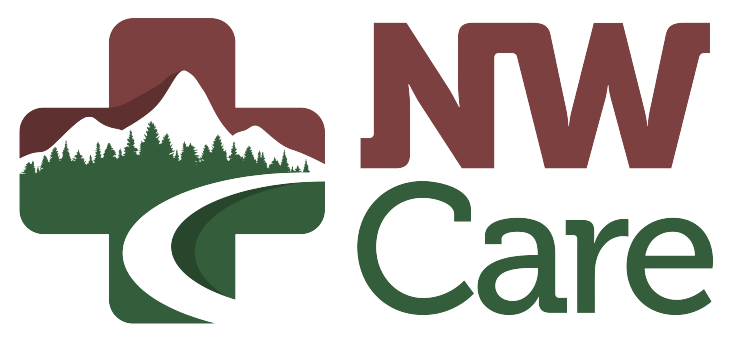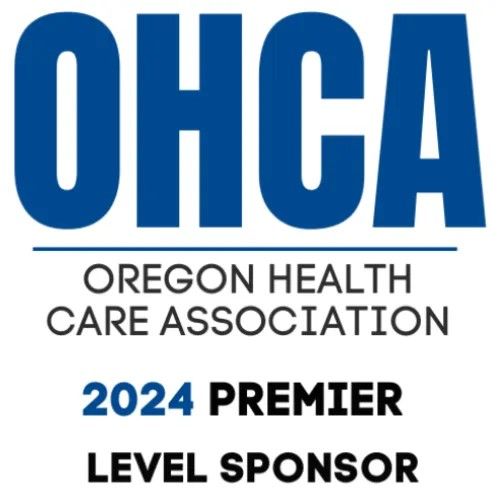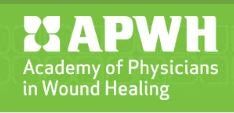
Physical Therapy and Rehabilitation
A healthy body can be difficult to maintain as age introduces new aches and pains. Ignoring these issues can worsen them. Physical therapy and rehabilitation helps many residents with moving their bodies and living actively.
Frequently Asked Questions
- What education have your Physical Therapists completed?
Our Physical Therapists and Physical Therapy assistants are state-licensed and have completed their education at programs accredited by the Commission on Accreditation in Physical Therapy Education.
- What does the education curriculum include?
The Physical Therapist education curriculum includes coursework in orthopedic, musculoskeletal, arthrokinematics, neurologic functions, and general physical therapy. They are specially trained in the science of physical therapy, recovery, and preventative precautions to protect the physical body.
- What do your Physical Therapists utilize?
Biofeedback, cardiovascular endurance training, therapeutic massage, pulmonary physical Therapy, range of motion exercises, ambulation training, activities of daily living training, relaxation exercises, therapeutic exercise, physical agent therapies such as thermal, mechanical and electromagnetic agents.
- What medical conditions do you treat?
Cardiopulmonary conditions, such as chronic obstructive pulmonary disease, cystic fibrosis and after Myocardial Infractions; Hand therapy for conditions such as carpal tunnel syndrome and trigger finger; Musculoskeletal dysfunction such as back pain, rotator cuff tears, and temporomandibular joint disorders; Neurological conditions such as stroke, spinal cord injuries, Parkinson’s disease, multiple sclerosis, vestibular dysfunction, and traumatic brain injuries; Developmental conditions like, cerebral palsy, and muscular dystrophy; Sports-related injuries, such as concussion and tennis elbow; Women’s health and pelvic floor dysfunction, such as urinary incontinence and post-operative lymphedema.
- What forms of treatment do you offer?
Our Physical Therapists utilize biofeedback, cardiovascular endurance training, therapeutic massage, pulmonary physical therapy, a range of motion exercises, ambulation training, activities of daily living training, relaxation exercises, therapeutic exercises, and physical agent therapies such as thermal, mechanical, and electromagnetic agents.
Our thermal therapies include hot packs, ice packs, hydrotherapy, contrast baths, heat lamps for superficial heat, deep heat with therapeutic ultrasound, and cryotherapy.
Mechanical modalities range from stretching, strengthening, balance and proprioception training, range of motion, general prefabricated braces, athletic taping, McConnell taping, kinesiotaping, ultrasound, whirlpool, compression therapy with intermittent compression TEDS, and support hose lymph edema compression.
Electromagnetic modalities are Phonophoresis, Lontophoresis, Transcutaneous Electrical Nerve Stimulation, Galvanic Stimulation, Microelectric Nerve Stimulation and Interferential current stimulation for pain relief. Neuromuscular stimulation for reeducating the neuromuscular system, Russian Stimulation for muscle strengthening, Low Dose Pulsed Ultrasound to stimulate healing.
- What benefits do NWCare Physical Therapists provide?
Pain management with reduced need for opioids, avoiding surgery or recovering after surgery, Improved mobility and movement, Recovery from injury or trauma, Recovery from stroke or paralysis, Fall prevention, Improved balance, Management of age-related medical problems.
- Can you tell me about your thermal therapies?
Our thermal therapies include Hot Packs, ice packs, Hydrotherapy, Contrast Baths, heat lamps for superficial heat, Deep heat with therapeutic Ultrasound and Cryotherapy.




